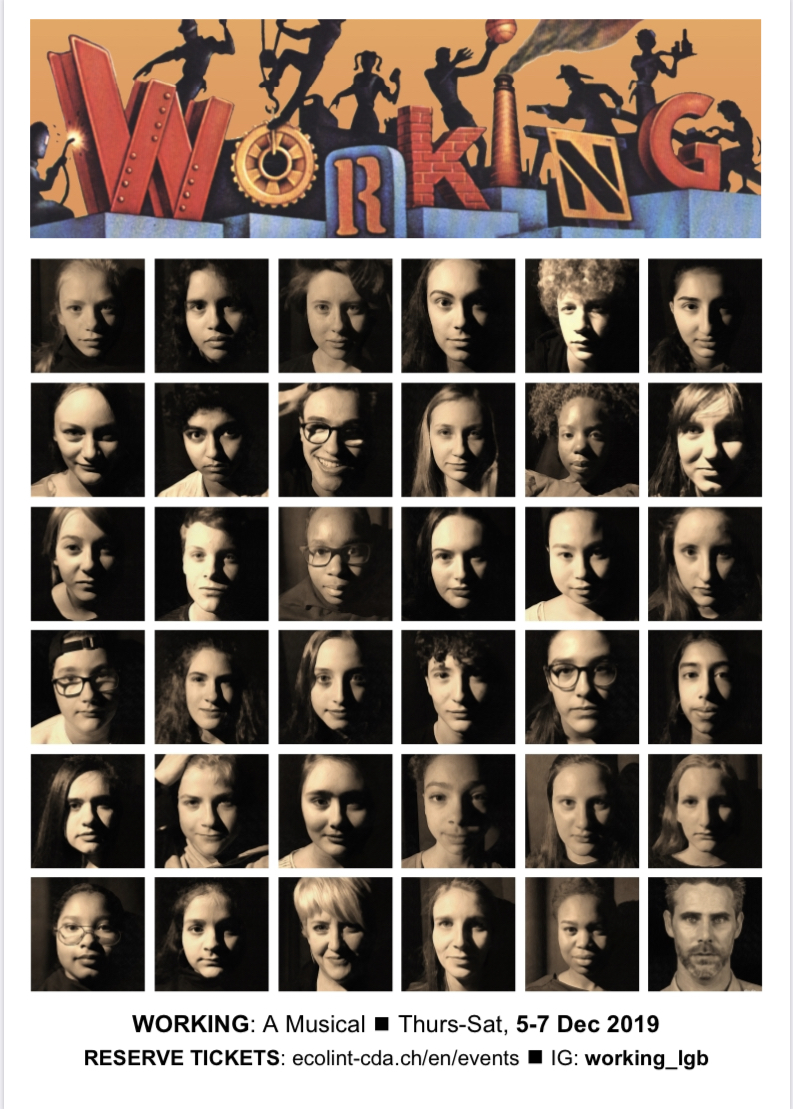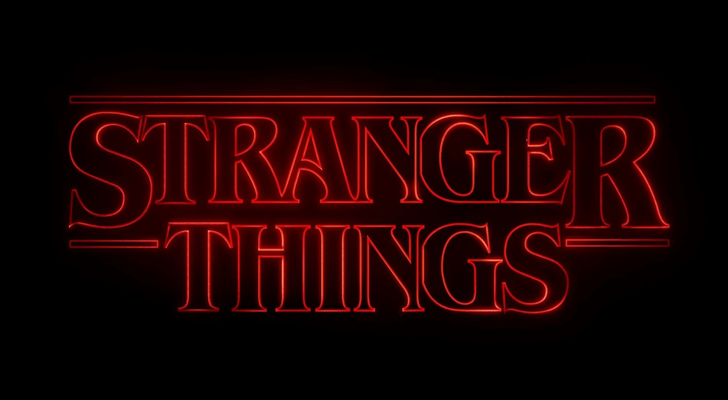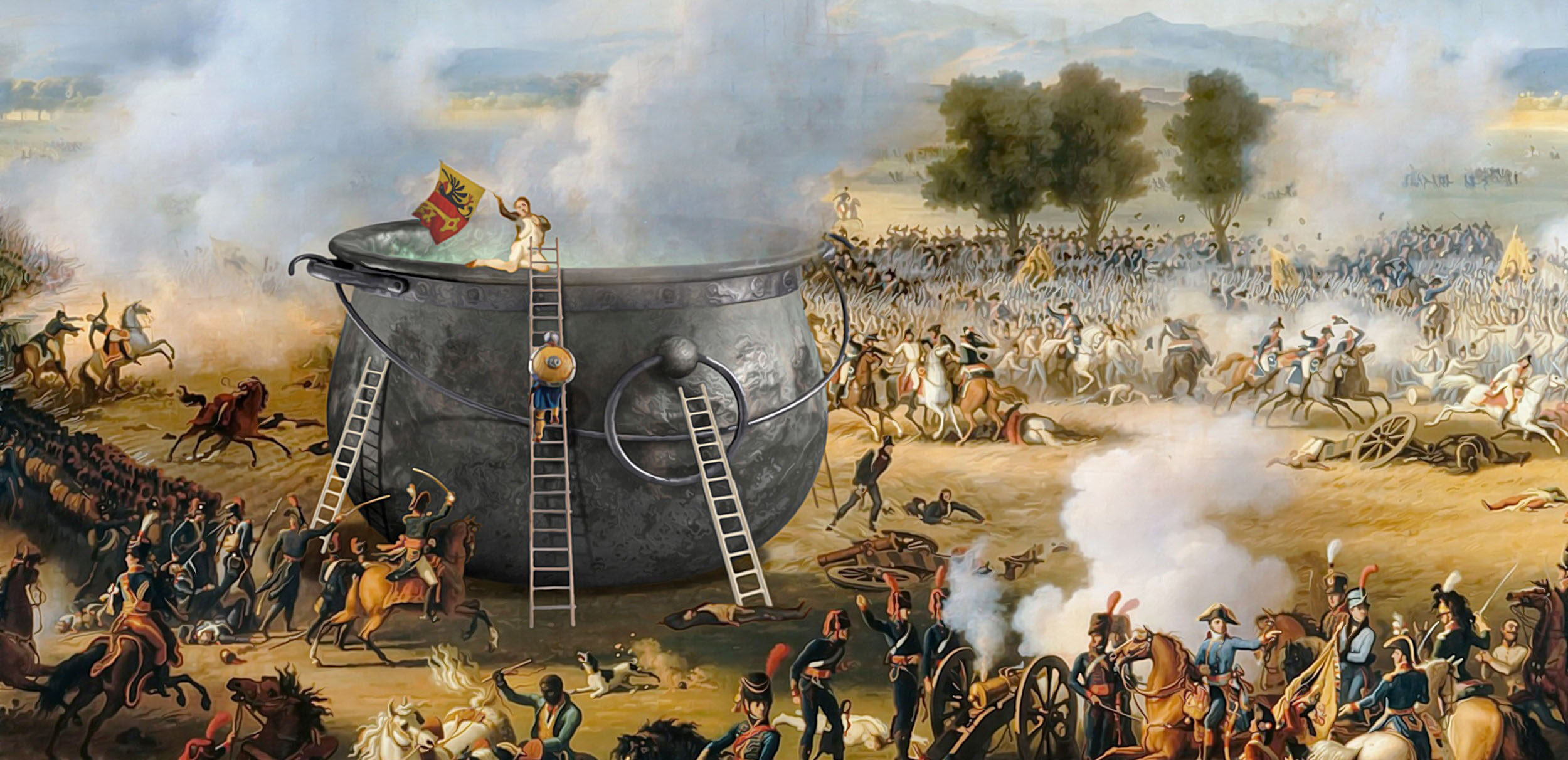“A professional company would put this together in about 100 hours. I’m asking them to do the same material in about 50.”
By Montague Jacobs, Year 11
*minorly edited for clarity
Please introduce yourself:
“I am Mrs. Bryan, and I am head of the Performing Arts department, which has school classes and after school activities. One club, in particular, is the English theater club which has a play in the spring, but right now it’s doing a musical – which opens in two weeks!”
How many musicals and how many plays do you do per year?
“There are four big productions a year, which are what we call main stage productions because they happen in the auditorium. One traditional musical, one traditional play in English, another in French, and the last is a cultural pageant/celebration. Two years ago it was about South African culture. Last year it was about Indian Pakistani culture.”
What is the next production?
“The very first big production of the year which is happening in two weeks is called Working. The way that musical theatre as a genre exists today is based on a very western tradition of storytelling through song and dance. This particular musical called Working is based on a best selling book from the 1970s. A Chicago radio broadcaster named ‘Studs Turkel’ which is an awesome name, by the way, went around the United States and interviewed people from all walks of life. He then put all of these interviews into a book.”
How do you take a bunch of stories of people from different jobs and make it interesting?
“That is an interesting question especially because I feel like this is something that we all do as humans every day, especially students. But it is true. How do you take a book of oral histories and turn it into a different medium of art? I think that it’s all about taking a topic into hand and saying, ‘What can I do with this? How can I make it unique?’ It is all about your personal touch. But this book/musical is actually quite interesting and when watching the musicals, there are characters that you would not think of as interesting which come across as eye-opening. One character is a truck driver and he describes how he will be on his trajectory and he may be a couple of miles away from home but he feels that it is too awkward to stop by because he hasn’t called his wife in a while so he will just keep on driving. There is another story about a woman in tech support and she describes that she is not supposed to be asked or even answer personal questions but every once and a while someone will ask ‘how are you doing today?’ and she can’t hold herself back. So you end up having a mix of these really cool human moments. Then, you as the composer/lyricist, have to decide how to put that into a song? How do you make it stage-worthy? How do you put these raw human emotions even into a dance? It is a unique and cool challenge to bring real stories, not fictionalized stories, real people’s words, and to somehow put it onto the stage.”
What are some of your favorite characters in this musical?
“Something that I really enjoy about Working the musical is that Lyn-Manuel Miranda, who of course is famous for Hamilton, added a few new songs to this show. Some of the pieces he added were a tribute to the undocumented immigrants in the U.S. So this one character is singing on stage and you aren’t sure what he is really saying until he gets partway through the song, and the character says ‘we had a really good day today. We went to the senior center today and sometimes he’s not sure who I am but today he was lucid.’ He goes on and talks about this elderly man that he cares for, and he says that it doesn’t pay much but no one else will do it. Then he starts singing in Spanish. On the other side of the stage, light comes up and it is on a Filipina who is also saying ‘we had a really good day today, we went to the park, she was riding her scooter, I take her home, her parents work late, I read her stories, I put her to bed, I sing her songs, and I have a daughter back home. No one is singing her songs to sleep.’ She then starts singing in Tagalog. And the two of them are basically saying, we are doing these important, personal interactions with other families, this is valuable work. But how does the rest of society truly thank us? They don’t.”
Have there been any surprises along the way of Working?
“I actually trained in musical theater in university, and it remains my favorite type of artistic expression. In general, I feel that well-done musicals feel honest and real, and that is what I am trying to make sure my cast does. And the student actors know that; when you are singing people’s words, the audience needs to feel like you are just having a conversation. If the audience feels as though you are just a kid singing, the message may as well be lost. So yes, I have been surprised. I have been surprised in how much the actors have been able to achieve in so little time – literally eight Tuesday afternoons and a handfull of Sundays. They have fourteen big pieces, there are 27 characters without a big star, and everyone is making an equal contribution and pulling their own weight. The score/musical has been made for professional adults, which I found scary because this material was written for people beyond the students’ abilities, and I am saying let’s do our best with this crazy thing. I have recorded myself singing each of the six parts for each of the 14 songs. They’ve got it, and they can practice with it.”
Do you make them listen to it often?
“I MAKE THEM LISTEN. I make them record themselves singing, then I go and listen and give them tips. This is how we are attempting a full-on professional score. It is because I am asking them to practice constantly when they wake up when they brush their teeth when they are on the tram when they have a breathing moment to sing they should. A professional company would put this together in about 100 hours. I’m asking them to do the same material in about 50. They are being wildly brave, and I am pushing them hard.”
Why did you pick Working as the musical you wanted to be shown?
“I selected this show for a number of reasons. But mainly, because I did it in my final year of high school. I played the waitress, and it was great fun. I was curious about it as a high schooler because that book was on my parent’s bookshelf. It was a big fat volume of oral histories, but I made sure to read most of it. Especially my part. But I had wonderful friends that were in the show with me, and it was one of many major high school experiences that actually shaped the choices I made at university and the direction that I took in college. And what was funny was that it was not even that large of production, it was directed by our high school English teacher. But it made a huge impact on me.”
Why do students take part in musicals?
“I feel that most students do it because they like to be apart of a team, but also because there is a certain satisfaction that comes from starting with nothing but a blank script and turning it into an emotional moment for 300 people in the audience. You sit there in the dark and go through an hour and a half of something that will never be recreated. That moment will never happen again, the next night is different. All of the mistakes, the stress, the excitement, the pressure the adrenaline. You go onstage and there is not much a safety net. You have got to get it right but you have been practicing for 8 weeks. All of your complex harmonies, your entrances and exits; you have to stand in your spot because if that light goes on and if you are not in it the scene won’t work. They are carrying sets on and off for people, and being quiet backstage but also supportive. It just feels great to make something huge, that took a significant investment on all parts. It can’t happen quickly.”
An interesting tidbit
“This might actually be an interesting tidbit for you. There is another character that is a woman working in a factory who works ten hours straight, two ten-minute breaks and a twenty-minute lunch. And she does this for decades until she becomes one with her machine. And it makes you realize that she is not the only one, there are people all over the world who’s day to day reality is so wildly different from our own, but in some ways exactly the same. We all get bored. We all have to struggle with pushing through, we all have joys and fears. There is another character, an ironworker who starts and finishes the show, and he talks about his son. He talked about how he does not want his son to grow up to be like him. He wants his son to do better. And this is an idea that all humans share, we are working morning to night to make things better for the next generation. It is a magnification over the concept of selfless labor — what it means to work to be able to put a roof over people’s heads and food on the table. It is striving towards making life better for others, to help the next generation.”



